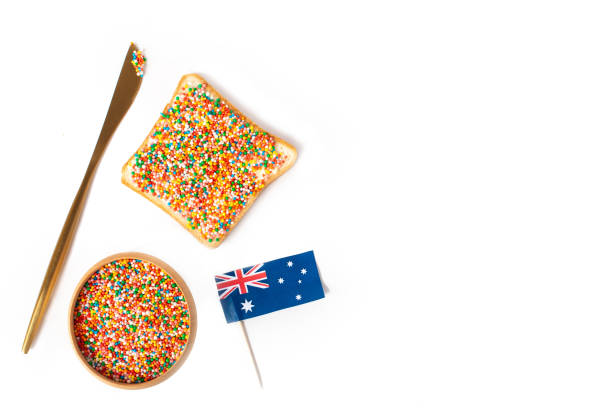My team and I have discovered that a new brain-training method can produce positive outcomes in people who are going through detox.
The conscious brain and the subconscious brain
We can use our conscious minds to consider the benefits of quitting alcohol, like better sleep and a sharper morning. Consider the negative effects of drinking alcohol, such as the extra calories, cost, and risk to your physical or mental well-being.
We may still reach into the refrigerator for a beer or pour a glass of wine as if on “autopilot”, despite our conscious thought process. It is our subconscious brain that is driving us to drink alcohol.
When we drink often, places, sights, and smells that remind us to drink subconsciously become more prominent. This leads to an increase in drinking. This is known as cognitive bias.
We are constantly bombarded by alcohol advertising in Australia. This can be from pubs, bottle shops, or even advertisements. A recent study found that we are targeted by alcohol advertisements on social media as frequently as once every 35 seconds.
By reducing our cognitive bias toward alcohol cues, we can increase our likelihood that our conscious brain will drive our behaviour rather than our subconscious.
Read more: Does brain training work? That depends on your purpose
Training our subconscious brain
The treatment of alcoholism using a relatively new brain training technique that targets cognitive biases has shown promising results.
Cognitive bias modification (CBM) is a brain-training computer program that teaches people to avoid alcohol-related cues and “approach” positive or neutral ones.
The user uses a joystick to repeatedly push away images of alcohol and pull healthier alternatives, such as bottled water, toward them. The user can practice this repeatedly to make the automatic avoidance of alcohol-related cues.
Researchers in Europe found that cognitive bias modification , when added to residential rehab programs, reduced the rates for relapses to alcohol from 8-13% twelve months after treatment.
In Germany, treatment guidelines recommend cognitive bias modification.
The product is not available yet in Australia
Read more: Women are drinking more during the pandemic, and it’s probably got a lot to do with their mental health
What we did
The study published in JAMA Psychiatry today was a randomised controlled trial with 300 patients in four alcohol withdrawal units from Melbourne.
The other half was assigned to the control group and received a pretend version of the training. The other half was assigned to a control and received a fake version of the training.
Participants had a tendency to automatically approach alcohol cues using the joystick before the treatment. We found that the cognitive bias modification generally changed this automatic tendency into an avoidance of them.
The most important thing is that cognitive bias modification increased abstinence rates by 17% two weeks after discharge. About 63.8% reported not drinking alcohol, compared to 46.8% in the control group.




